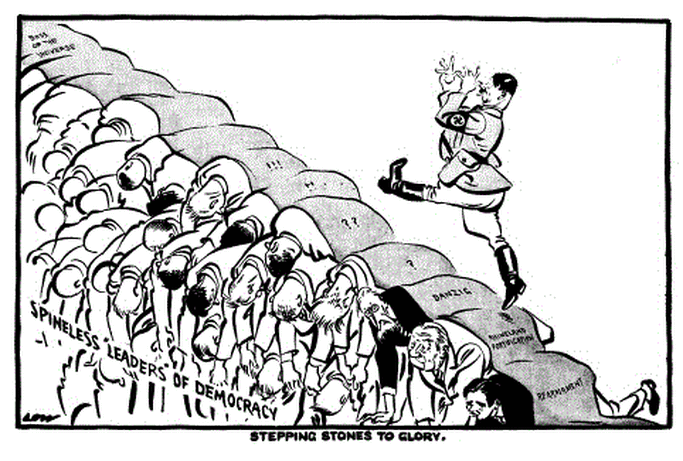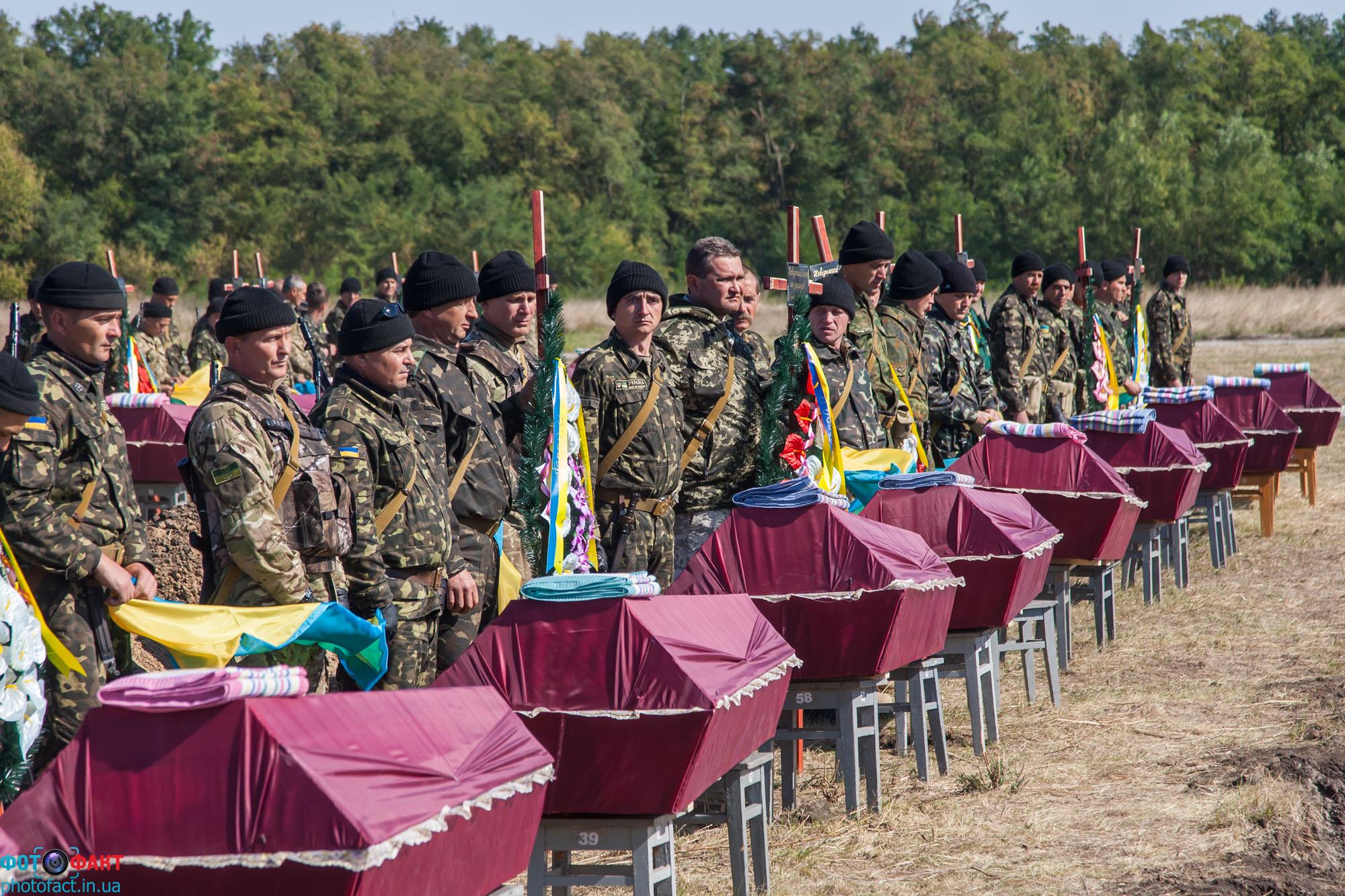In 1991, a cartoon appeared in one Western newspaper showing Mikhail Gorbachev holding a gun to his head and saying “Do what I demand or your friend gets it.” That explains why the West continued to back him long after he had ceased to be a force for progress.

Now, Lilia Shevtsova suggests something similar may be at work in the West’s assessment of what is happening in Russia as a result of the combination of Western sanctions, the collapse of oil prices and the ruble, and Vladimir Putin’s own policies.
The analyst at the Carnegie Endowment for International Peace says that the international community has applied sanctions many times typically without notable success. But “the sanctions against Russia have turned out to be embarrassing in terms of their impact” – and less in the economic realm than in the political one.
First of all, she points out, “the sanctions have demonstrated Russia’s dependence on developed countries and the lack of its independence even in carrying out its service role as a raw materials supplier.”
Second, “the failure of the foreign policy of the Kremlin which has been directed at undermining the unity of the West has become an obvious failure.”
Despite expectations and the work of Kremlin lobbyists, “the liberal democracies have demonstrated the ability to preserve their unity as far as the sanctions regime is concerned.” But third, there is growing concern that the impact of sanctions on Russia could lead to its collapse – and that is something the West fears almost as much as the Kremlin does.
“Since the fall of 2014, the Kremlin (through Minsk 1 and then Minsk 2) began to search for a path out of the war with Ukraine and the lifting of sanctions but under the condition that it be allowed to save face. Today, what is being discussed are the means of saving [the Kremlin’s] face: how to present a defeat as a victory.”
According to Shevtsova, Moscow’s demonstrated aggressiveness is “only an attempt to force the West to accept the Kremlin conditions for making that happen. And apparently, many in the West are ready for a deal, for the collapse of the Kremlin is more frightening than accusations of a new ‘Munich.’”
The Moscow analyst doesn’t say, but her words clearly suggest that the world is at the point of precisely a new Munich, one in which a second-tier power is sacrificed because of the threats of a larger one and in which that larger one learns a very dangerous lesson: with the Western countries, aggressive behavior and threats work.
A new Munich does appear very much at hand, given the continuing statements by Western leaders that they want to end sanctions if only Moscow will show “good will.” But history suggests that what everyone should be worrying about is not a Munich itself but instead rather what will come after it.
Munich 1 was a crime; but it was so in the very first instance not because Britain and France betrayed their principles and sacrificed Czechoslovakia. Instead, it was a crime because it convinced Hitler that he could continue to intimidate and win out without war. He was proved wrong, and the world was plunged into World War II.
It is thus far more important that the West worry now less about accusations of a second Munich or the collapse of Putin’s criminal regime than about the possibility that making a deal with him for short-term benefits will entail what could easily be an even more tragic set of long term consequences.






